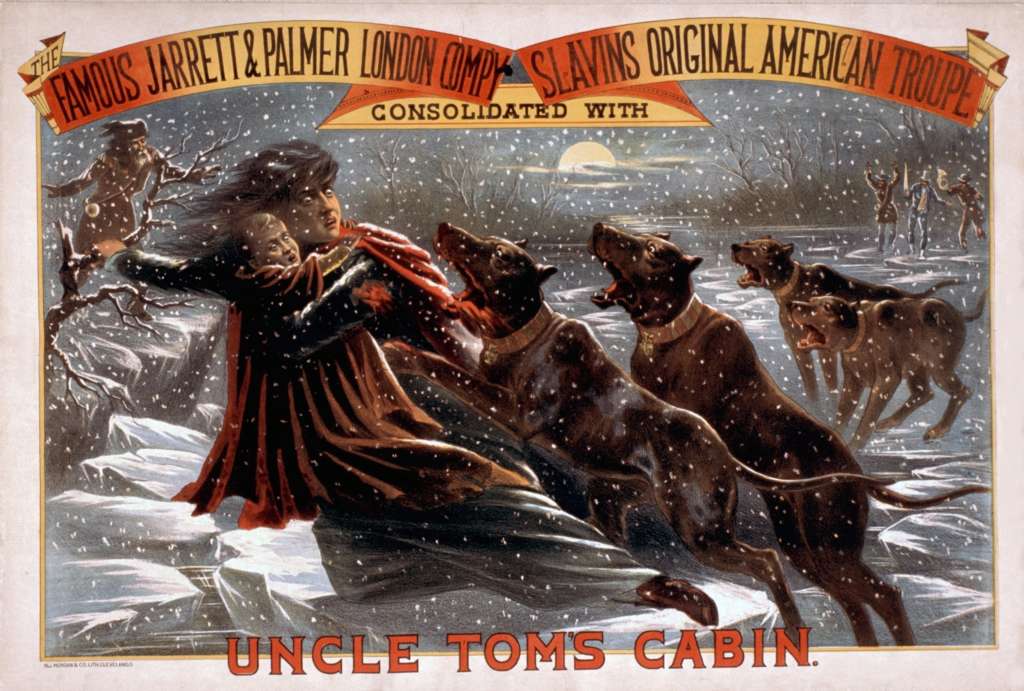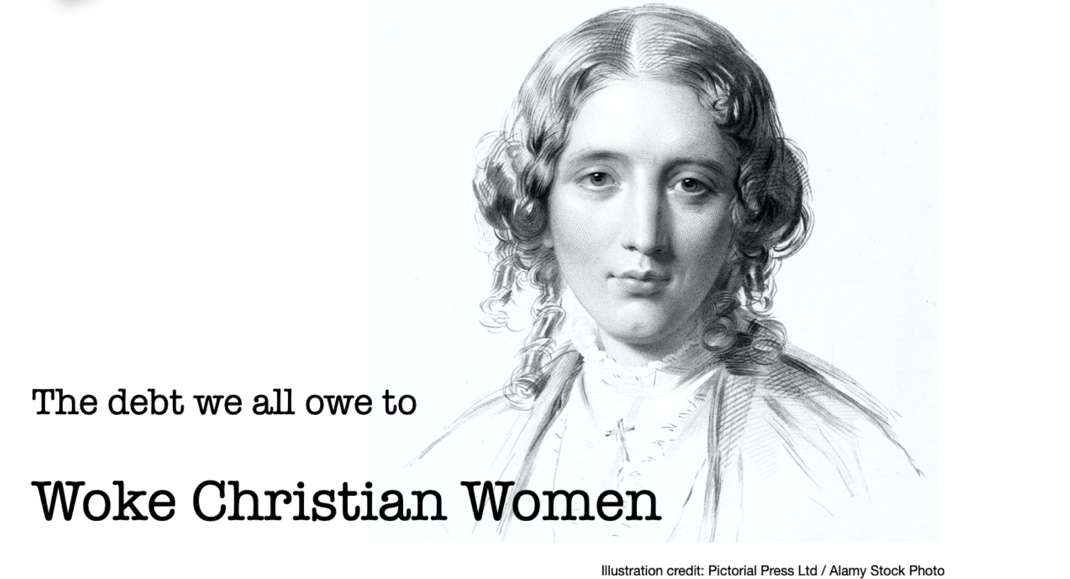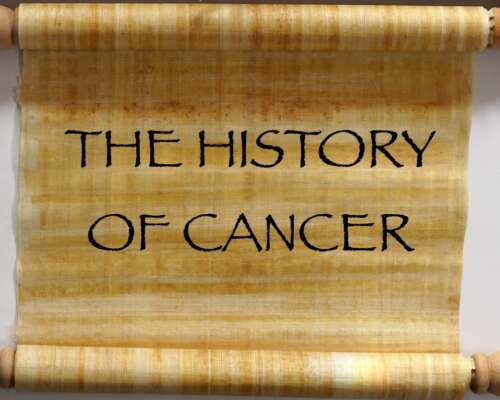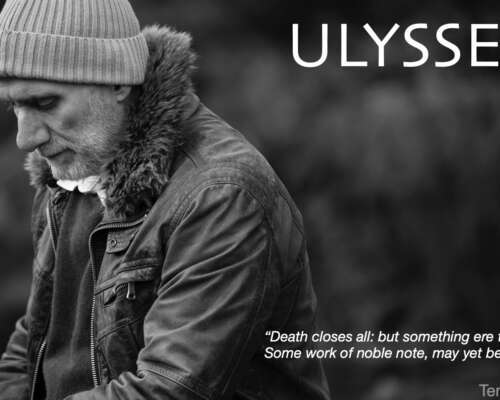As I follow the political and cultural news in America, I become increasingly distressed over the weaponization and misappropriation of the word “woke.” I know that there are radical groups on the left that claim this word as their own and use it to reflect their unique experiences, biases and agenda, and then there are other groups on the political right that interpret this word through their own experiences, biases and ahenda. It reminds me of the debate decades ago over what a “feminist” was. Couldn’t there be feminists worshipping in the evangelical churches as well as those remonstrating in the streets? In this post, we’ll look at the contributions of several woke Christian women and why we should emulate them.
My distress is especially piqued because evangelicals today are speaking out against “wokeness” as if it were somehow alien to God, American life and liberty and all that we hold dear. In fact, I would argue that fellow evangelicals now long departed, themselves, deserve the credit for being “woke,” and the left has only been able to co-opt it because many evangelicals today no longer have a social conscience. They have become political creatures at the expense of our sacred duties; to wit, to point out and root out social injustice in this world, in our nation, in our churches. This is not a burden just for black churches, it is a burden for all churches.
But first things first. Let’s consult one of the most prestigious authorities available to define the key terms here.
Definitions of woke, racism and social justice
- Woke: Oxford Language Dictionary: “Alert to injustice in society, especially racism.”
- Racism: “Prejudice, discrimination, or antagonism directed against a person or people on the basis of their membership in a particular racial or ethnic group, typically one that is a minority or marginalized.” Oxford Language Dictionary
- Social justice: “The objective of creating a fair and equal society in which each individual matters, their rights are recognized and protected, and decisions are made in ways that are fair and honest.” Oxford Reference Dictionary.
There. That’s not so bad, is it? Who among born-again, Spirit-filled Christians could find these definitions objectionable? Didn’t the New Testament Church as described in the first few chapters of Acts have social justice between believers of all backgrounds and ethnic groups and likely races as well (Acts 2:42-47?) There were troublemakers back then too, of course (Acts 6 1 ff.) But the apostles did not let this social injustice and racism (Jews vs. Greek) fester, as it is festering among believers today.
Of course, as they say, “the devil is in the details.”
Woke
I know that there are many other different definitions for “woke,” “racism” and “social justice.” Indeed, for some in our society, the definitions which I have provided don’t go nearly far enough. I’m sure the Urban Dictionary could spice them up a bit. Others might deny that there is even a problem with racism in America today. Still others may resent the notion that people of any race may be victims of social injustice, at least in America. A number of organizations might develop their own definitions for these terms that place insufferable blame on one group in society while victimizing or acquiting another group.
All sorts of theories abound. Some hypothesize that minority groups cannot be racist or accountable for racist-like policy proposals or attitudes, themselves, because they do not hold political power. Others would substantially rewrite American history (i.e. the 1619 Project), or how issues of race should be addressed today (i.e., Critical Race Theory.) I’ve examined these issues in some detail and there is room for compromise if people in good faith come together to seek common ground. We can’t “whitewash” the sins in our past anymore than Germany can the Holocaust. But neither is it productive in my opinion to force or coerce people today through indoctrination or re-education seminars or workshops to assume additional guilt or financial responsibility for something that happened a century and a half ago. That’s a Maoist approach. I’m white, and it’s likely that I was offered opportunities that black Americans in my cohort were not. If so, that saddens me and challenges me to change attitudes so there is de facto equal opportunity as well as opportunities de jure. But I don’t feel guilty for my race or ancestry. Nor should anyone.
In this post, I’m taking what I believe to be a broad stance because I think we as Christians should be seeking common ground, building bridges between groups, not wedging them apart even more than they are now. Why help the bots and trolls by doing their dirty work for them?
Woke means “alert to injustice in society, especially racism.” All Christians should be alert to injustice in our society. Psalm 82:3 says: “Give justice to the weak and the fatherless; maintain the right of the afflicted and the destitute. . .” Here are some more verses dealing with social injustice or related issues today:
“The foreigner residing among you must be treated as your native-born. Love them as yourself, for you were foreigners in Egypt. I am the LORD your God.”
(Leviticus 19:34)
And:
“Do not mistreat or oppress a foreigner, for you were foreigners in Egypt.”
(Exodus 22:21)
Also,
“The foreigner residing among you must be treated as your native-born. Love them as yourself, for you were foreigners in Egypt. I am the LORD your God.“
(Leviticus 19:34)
The author of Hebrews writes:
“Let mutual love continue. Do not neglect to show hospitality to strangers, for by doing that some have entertained angels without knowing it. Remember those who are in prison, as though you were in prison with them; those who are being tortured, as though you yourselves were being tortured.”
(Hebrews 12:1-3.)
None of these passages speak to “illegal aliens,” “caravans,” “anchor babies” “Reconquista” or “drug dealers,” “criminals” and “rapists” as candidate Trump described them in 2016. Personally, I would be happy to sponsor a refugee into this country (my parents were refugees.) I admittedly get uncomfortable hearing that thousands of people are flooding into this country a month without any vetting, but then, that’s a problem for Congress to deal with in a Republic. However, and as a Christian, God’s Word leaves me very little wiggle-room. Where does God draw the line in terms of numbers or quotas?
Here’s another verse we evangelicals often overlook. Is it an inconvenient truth, perhaps?
“Learn to do right; seek justice.
Defend the oppressed.
Take up the cause of the fatherless;
plead the case of the widow.”
Isaiah 1:17
When I was a “baby Christian” in the late sixties, I believed that we believers had a choice. We could share Christ with people in the hope that they would be converted, or we could do something to improve the misery of the unfortunate, but I believed then that we could not do both. I believed that because the teaching that we could not do both was present even then. Conservative evangelicals preached, and liberal clergy worked the missions and did not preach. Today, when an unarmed, subdued black person is killed while in custody and the black community demonstrates, we Christians should not be exercising our Second Amendment rights at that point. We should be peacemakers. We have no business being on the street except to share God’s love with the broken-hearted.
As I read these passages above closely, I thank God once again that we’re saved by faith and not works, else we would not have nearly the amount of company in heaven that we hope for.
Woke evangelical role models
The major social movements in America were led by Christians, whether the abolitionist movement, the temperance movement, or the civil rights movement. I had/even still have heroes in the faith: Arthur Blessitt, Billy Graham, Carl T. Hawkins and others, many who have gone on to be with their Lord. Here are some timeless heroes for the problems we face today.
Harriet Beecher Stowe (1811-1896)
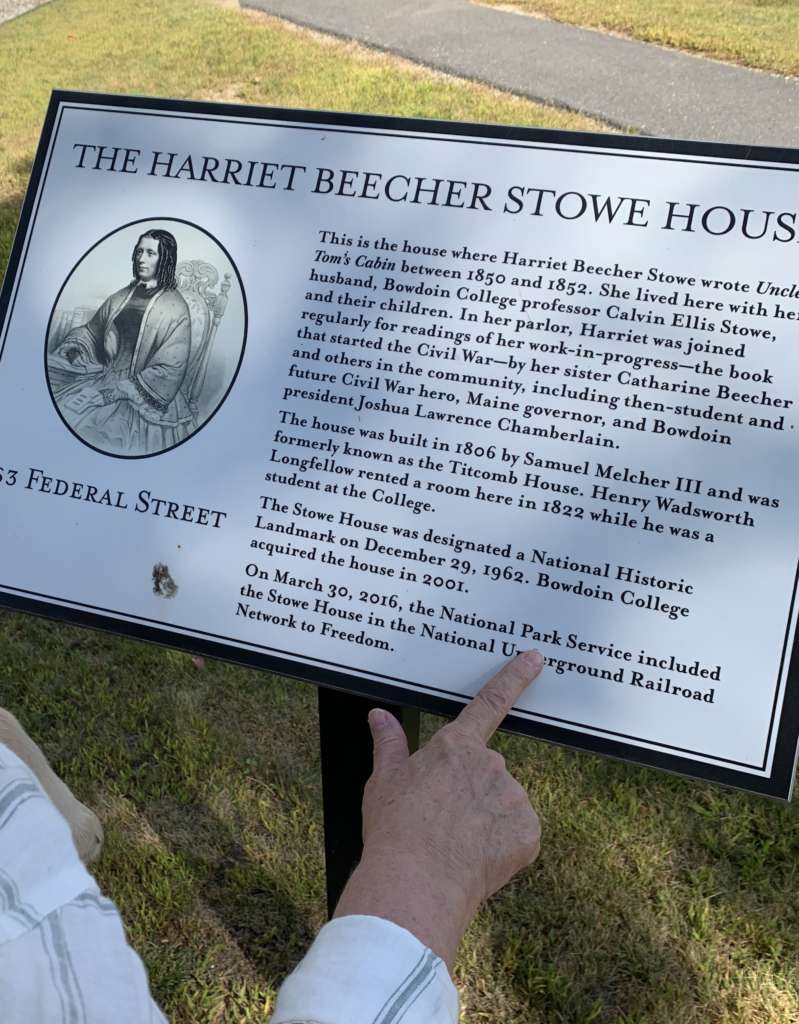
Many Americans know that Harriet Beecher Stowe (HBS) wrote the book “Uncle Tom’s Cabin” that touched off the Civil War much like Thomas Paine’s “Common Sense” helped launch the American Revolution. Previously titled “Life Among the Lowly,” the book is credited with causing a groundswell of sympathy–at least in the North–towards the plight of African slaves in America and a profound antipathy to the “peculiar institution” of slavery in the South. Stowe claimed that the inspiration for the book came from a vision she had while she took communion one Sunday. The vision was of a dying slave. A Congregationalist protestant believer at one point and an Episcopalian at another, Stowe taught seminary classes for women. Wikipedia has a good plot summary for the book if you haven’t read it.
HBS often took the cause of the downtrodden in life. She once summed up her philosophy as “It’s a matter of taking the side of the weak against the strong, something the best people have always done.” On another occasion she said “I feel now that the time is come when even a woman or a child who can speak a word for freedom and humanity is bound to speak… I hope every woman who can write will not be silent.”
“I feel now that the time is come when even a woman or a child who can speak a word for freedom and humanity is bound to speak… I hope every woman who can write will not be silent.”
Harriet Beecher Stowe
After the Civil War began she met President Lincoln in and then spent most of her remaining years traveling between homes in Florida and Connecticut. Stowe died from what was likely Alzheimer’s, though the disorder would not be introduced until 1906. Her life was an inspiration to many, including Samuel Langhorne Clemens, better known as Mark Twain.
Lucretia Mott (1793-1880)
Lucretia Mott from Massachusetts was a Quaker and a feminist and abolitionist as well. She was instrumental in organizing the first womens’ convention in the U.S. at Seneca Falls. Mott was a mere slip of a woman, barely five feet tall and no more than one hundred pounds. Yet, as the Christians for Social Action website writes, “She was a giant in the fight for equality.” When she and her husband were overwhelmed by debt and a job in the cotton market promised to restore their fiscal health, she talked her husband out of taking it because it would make him an indirect participant in the business of slavery.
Quakers were by nature and nurture antislavery, and Mott was more so. She once wrote: “I have no idea of submitting tamely to injustice inflicted either on me or on the slave. I will oppose it with all the moral powers with which I am endowed. I am no advocate of passivity.”
She was one of the first to note that in spite of the Emancipation Proclamation and the 15th Amendment, still half of the population in the U.S. could not vote (including women both free and previously in bondage,
Mott fought against slavery on both sides of the Atlantic and eventually took up the cause of pacifism, another Quaker ideal.
“I have no idea of submitting tamely to injustice inflicted either on me or on the slave. I will oppose it with all the moral powers with which I am endowed. I am no advocate of passivity.”
These women and many others fought not with firearms or death threats to their “enemies.” They did not assault police or storm the Capitol. It was the love of the RIsen Christ in their hearts and the power of the Gospel as they applied it to contemporary events that made the difference in the lives of African Americans in the U.S. over a century and a half ago. If evangelical Christian women today were equally inspired, imagine how the remaining injustices might be retired. If only Christians today were woke.
Angelina Grimké (1805-1879) and her sister Sarah Grimké (1792-1873)
These two women were the only outspoken female Southern abolitionists noted in antebellum history. Angelina became an author and a poet while Sarah was considered to be a founder of the Women’s Suffrage Movement. The were both from Charleston, South Carolina but then eventually moved to the North. Angelina was particularly eloquent as she condemned slavery using every argument from natural law to Biblical principles.
Their father owned slaves while the they lived in South Carolina, and Angelina would conduct religious services for the slaves while she was a member of the Presbyterian church. The minister of that local church was also antislavery, but not nearly as radical as Angelina, who was a very headstrong woman. She was eventually booted out of the Presbyterian church and found a warm welcome with the Quakers. After a while with the Society of Friends she moved to Philadelphia to be with her older sister Sarah, where she became even more radicalized, too radical in fact for even the Quakers.
Angelina traveled widely in the North and became the first woman to address a state legislature (Massachusetts in 1836.) Eventually Angelina married and became a poet and an author, though she remained intransigent to the very end.
Sarah was equally vehement about her abolitionist feelings, but not quite as belligerent. While living in South Carolina, she attempted to teach her father’s slaves to read the Bible, but because this was against the law at the time, her father forbid it. Yet, she continued do this on the sly to her personal attendant and when her father found out, he threatened to whip the young black girl for participating in this study. Yet, Sarah received great satisfaction for having broke what she considered to be an unjust law.
These are just a few of the pioneers among women evangelicals who moved society ahead in an attempt to improve the lives of black Americans. They anchored their beliefs to Scripture and applied themselves to the annoyance of many of their friends and family. But they did so because they thought it was the right thing to do. The time for emancipation of the black man in America had arrived, but the church continued to remain asleep, oblivious to the signs of the time and verses such as Romans 13:11 (below.)
“And do this, understanding the present time: The hour has already come for you to wake up from your slumber, because our salvation is nearer now than when we first believed.”
Romans 13:11
